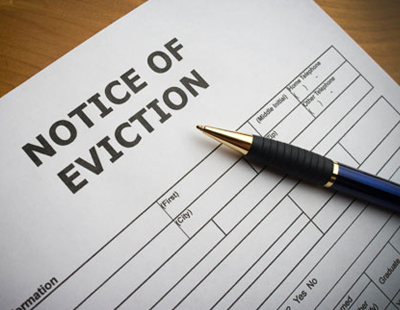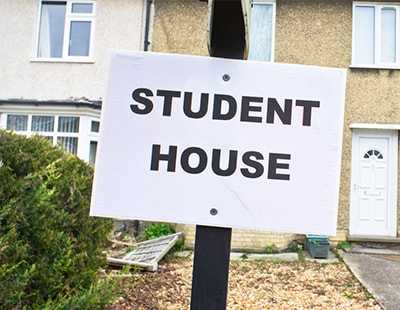
Almost one in four households in Britain will be renting privately by then end of 2021. This is due to soaring house prices and stagnating wages putting home ownership out of reach for many people.
The government’s recent plans to go ahead with a ban on Section 21 and bring an end to ‘no fault’ evictions has caused a stir in the private rental sector. This is one of the biggest movements in improving tenants’ rights and promoting more stable housing for privately rented households.
At present, Section 21 allows private landlords to evict tenants with two months’ notice after their fixed notice period has come to an end. This section of the 1988 Housing Act is reportedly one of the biggest causes of family homelessness in the UK, limiting a tenant’s ability to maintain a stable home.
While proposed changes are meant to improve a tenant’s access to long-term housing, some are concerned about the implications the ban would have not only on landlords, but tenants too.
The concerns over the latest changes to housing legislations, as things currently stand, are likely to deter people from investing in the buy-to-let sector and potentially encourage existing landlords to exit the market, compounding the housing shortage crisis.
If the government decides to scrap Section 21 altogether, landlords will need support on how to regain possession of their properties in legitimate circumstances – e.g. when they need to sell.
There is also concern that this latest change to property legislation will act as a deterrent when it comes to investing in the private rental sector, which could dampen the housing supply making it difficult for tenants to find homes. This is the most concerning factor as it could negatively affect tenants in the long run.
There are serious dangers to the supply of rental housing for vulnerable tenants as a result of this. With the demand for privately rented homes continually rising, landlords need support and backing to invest in new homes. This can sometimes mean swiftly repossessing their homes for legitimate reasons such as rent arrears, anti-social behavior or wanting to sell. In relation to making sure there is greater security for tenants, there will be nothing to secure if the homes to rent are not there in the first place.
Government data shows that on average, tenants live in their rental properties for over four years, and that in 90% of cases, tenancies are ended by the tenant rather than the landlord.
At a time where demand for rental properties is outstripping supply, the government risks exacerbating the problem if they do not ensure that landlords have confidence that they can take control of their properties swiftly and with good reason.
Research by Manchester Metropolitan University has found that in the large majority of cases where tenants have been asked to leave their properties under a Section 21 notice, there is a clear reason.
The government has mentioned improvements to the court system to support Section 21 reforms. However, landlords are worried that they will not have adequate resources to support them through the eviction process.
In order to properly enforce ‘scrapping’ Section 21, the government have to show how they will enable landlords to regain possession of their properties.
*Marc Trup is the Founder and CEO of Arthur Online









.png)

.jpg)








Join the conversation
Be the first to comment (please use the comment box below)
Please login to comment